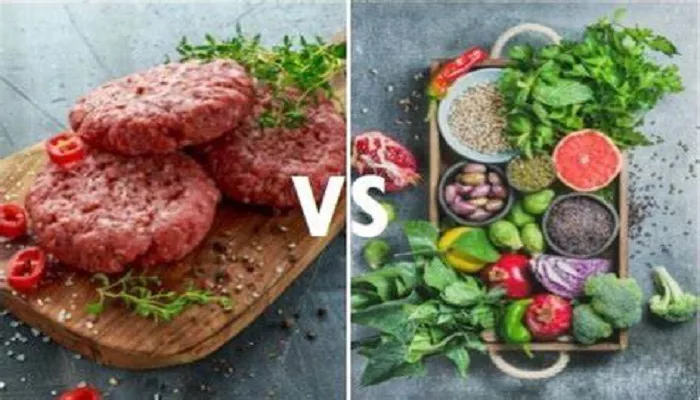Protein Sources and Lifespan
When it comes to the choice between meat and a vegetarian diet, for most people, it’s an integral part of their daily food intake. Recently, a study published by the University of Sydney in the journal Nature Communications reveals that in countries where people consume a high amount of plant – based protein, such as those with a diet rich in chickpeas, tofu, and peas, adults tend to have a longer lifespan.
To explore how plant – based and animal – based proteins affect human lifespan, researchers analyzed publicly available food supply data from 101 countries over nearly 60 years from 1961 to 2018. This data covers food production in each country, as well as the levels of calories, protein, and fat available for consumption. The countries studied include those with a relatively high intake of animal protein, like Australia, the United States, Sweden, and Argentina, as well as countries with a more common consumption of plant – based foods, such as Pakistan and Indonesia. To make a fair comparison of the impact of food supply on lifespan among different countries, researchers adjusted the data, taking into account differences in wealth and population sizes. The study found that in countries with a more abundant supply of plant – based protein, people generally live longer than those in countries with a higher intake of animal – based protein.
Caitlin Andrews, a doctoral candidate at the Charles Perkins Centre of the University of Sydney and the lead author of the study, said that when assessing the health impacts of meat and plant – based proteins, the research presents a complex situation. For children under five, a food system rich in animal protein and fat (such as meat, eggs, and dairy products) can help reduce infant mortality.
However, for adults, the intake of plant – based protein is associated with a longer lifespan.
For a long time, consuming a diet high in animal protein, especially processed meat products, has been linked to various chronic diseases, including cardiovascular diseases, type 2 diabetes, and certain cancers. On the other hand, plant – based proteins like legumes, nuts, and whole grains are associated with a lower risk of chronic diseases and overall mortality.
Previous studies have shown that a plant – based diet is one of the factors contributing to the longevity of the world’s longest – living groups in places like Okinawa in Japan, Ikaria in Greece, and Loma Linda in California, USA.
Dr. Alistair Senior, the lead researcher from the Charles Perkins Centre of the University of Sydney, stated that protein is a crucial part of the human diet. With changes in dietary habits and the focus on decarbonization in developed countries, the sources of protein we obtain have attracted more and more attention. He believes that understanding the relationship between plant – based protein and longer lifespan is of great significance, as it is not only related to personal health but also to the future of the earth.
Related topics


